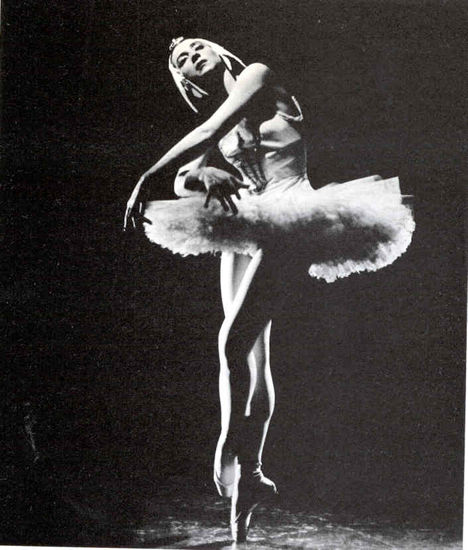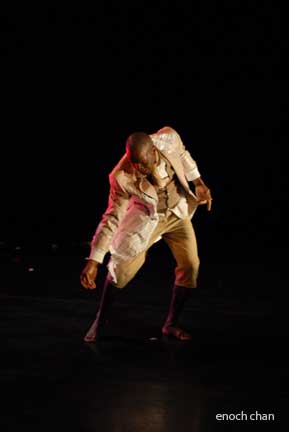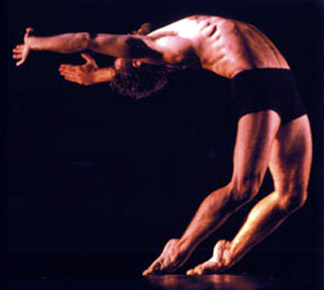July 18th, 2006
Rob Bettmann – So Jon, you’ve been a musican for a number of years, and have had the opportunity to tour the united states and Europe.
In all your experiences as an artist, and training as an artist prior, I’m wondering if you could tell me about one of your favorite experiences as an artist.
JM – As a musician?
RB – yes, your favorite experience as a musician. If there was one time, whether it was one show, making on record, one encounter having to do with music, related to your music making… whatever your favorite experience was.
JM – The first thing that comes to mind is a festival I participated in that John Zorn organized for his fiftieth birthday. I did a few shows for the festival; one was myself and Marc Ribot both playing solo and as a duo. I felt confident that I had the music together , but I was still really nervous about it. I don’t really play solo guitar and I was doing Zorn’s repertory and he was in the audience. I played the show and thankfully it went really well. But that actually wasn’t my favorite experience. My favorite experience was two days later when I did another show with my band Rashanim as part of the festival.
Each night, Zorn would do two sets of his music and then at midnight he would have another band play, one that was associated with him. I got there early and saw Masada play – with Joey Baron on drums – I just loved it. And then most of the people left. There were maybe twenty or thirty people left for our show at midnight. I had felt so much pressure earlier in the week to play his music right that I just didn’t care. I was tired, there weren’t so many people in the audience. I felt completely free of any worry or anxiety; I didn’t care. My bass player and my drummer were about to leave for a while, so it was our last gig before they left. And we had the most fun we’ve ever had. The only reason why we were there was to have a good time and play. And I really felt like how it was as a kid. I didn’t feel any pressure to be good. I didn’t feel any pressure for the music to be good. I really didn’t care. Unfortunately maybe it’s cause the pendulum had swung back from this incredibly stressful experience. I felt totally that there were no consequences. It was just about being in the moment and playing. It was great. And I think the music sounded really, great. I don’t have a recording, but subjectively, it was what I always want music to be.



